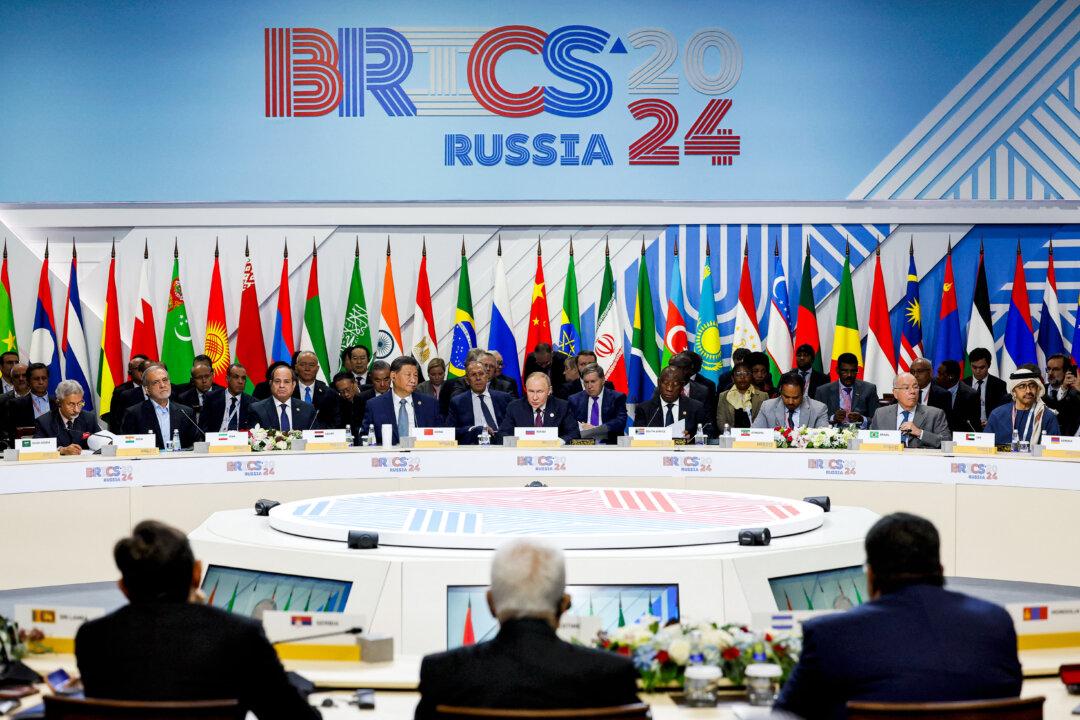The U.S. position in the Middle East is weakening quickly. Nowhere is this more obvious than in Syria, where a pro-Russian dictator has waged a brutal civil war against his people with increasing impunity.
Egypt and Jordan are also normalizing relations with Syria, which Bahrain and the United Arab Emirates (UAE) have long advocated. Saudi Arabia, the UAE, and Egypt are the most influential Arab countries.
Countries like Turkey, host to 3.6 million Syrian refugees, and Jordan, the main transshipment hub for Syria’s illegal trade in “Captagon” amphetamines, are apparently appeasing Syria’s state terror to try and get these problems solved. Yet appeasing bullies has historically just led to their greater demands.

Saudi Arabia, which used to be the staunchest of U.S. allies and an adversary of the Mullahs in Iran, is normalizing relations with not only Syria, but also Iran and improving relations with China.
Biden further alienated the Saudis by failing to retaliate against Iran for its many transgressions, including Iran-backed missile strikes against Saudi Arabia, and U.S. troops in Iraq and Syria. Riyadh is rapidly concluding that the United States is an unreliable ally. U.S. weakness in defending Ukrainian, Afghan, Taiwanese, and Philippine friends and allies also makes the point.
Part of the United States’ global weakening is due to American economic problems, including inflation, the risk of recession, and talk of a sovereign debt default. The weaker the U.S. economy, the weaker our military becomes in maintaining American interests in the Middle East, including against nuclear proliferation by Iran, terrorism, and any impediments to the free flow of oil and gas. Without access to cheap energy, the U.S., EU, Japanese, and allied economies weaken further, in a self-perpetuating downward spiral for democracies globally.
The Chinese Communist Party welcomes Syria’s reentry into the Arab League, which increases Beijing’s influence in the Middle East. The CCP now has easier access to multiple levers to influence not only Iran, but also Arab politics.
Biden’s history of trying too hard to be Mr. Nice Guy, bumbling the withdrawal from Afghanistan, and ignoring the Middle East as dictators link up with each other is failing.
Dictators around the world—including in Beijing, Moscow, Tehran, Riyadh, and Damascus—are responding to perceived U.S. weakness by closing ranks against us.
Expect Moscow and Beijing to expand into the power vacuum that Washington is leaving behind, and use the increasingly coordinated Arab dictators to their advantage in the near future.
There is one bright spot in the Middle East. Qatar, Kuwait, and Morocco are still against restoring diplomatic ties with Syria. These are the Arab countries that the United States should reward with improved relations.





